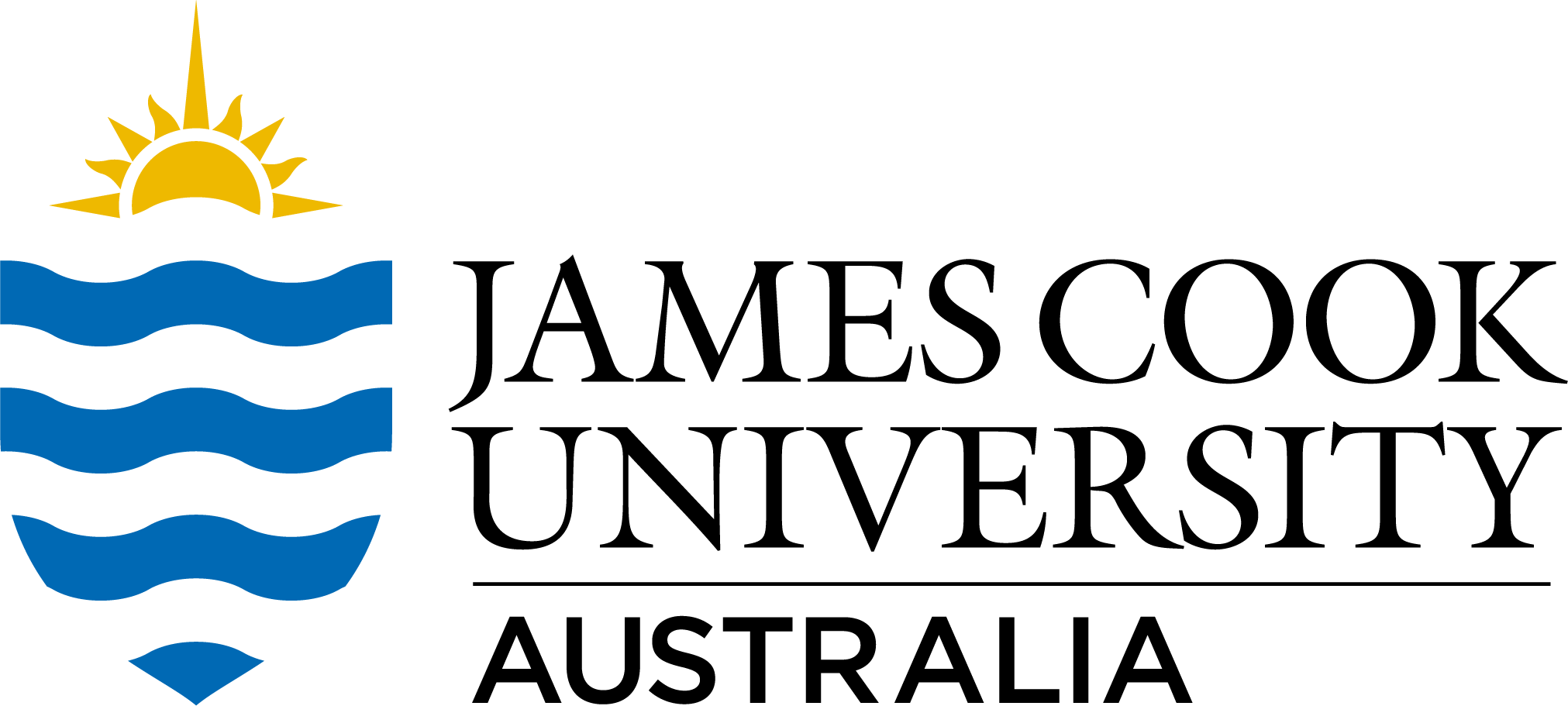Full description
,Background: Coral reefs have been experiencing declines in coral cover over the past five decades. As coral populations decline, space can be rapidly colonised by algae and cyanobacteria, often leading to benthic communities dominated by fleshy macrophytes. These changes pose major challenges for coral recovery, particularly for the early life stages that are critical for population replenishment. Interactions between corals and macrophytes are increasingly recognised as key processes shaping reef trajectories, yet our understanding remains fragmented, with strong taxonomic and life-stage biases in the existing literature. This study addresses these gaps through a systematic review of coral–macrophyte interactions, highlighting patterns and biases in the taxa studied and the outcomes of these interactions across coral life stages.
Methods: We conducted a systematic literature review using Scopus to identify original research articles on coral–macrophyte interactions published between January 1980 and May 2022. Search terms targeted studies mentioning both corals and algae/seaweed in the context of competition or interaction, returning 1504 potential publications. After screening, studies were included if they reported quantified outcomes of interactions between hard corals and macrophytes (excluding seagrasses). Additional studies were identified through reference searches. For each study, we extracted metadata, study design, taxonomic and functional identity of interacting taxa, life stages of corals, measured parameters, interaction outcomes, and proposed mechanisms of competition. Coral life stages were categorised as larvae, juveniles, or adults, and classified by growth form. Macrophytes were grouped into broad functional types and further classified into morphological groups where possible. Taxonomy was standardised using WoRMS and AlgaeBase. Regional assignments followed GCRMN categories, and study duration was recorded or averaged when necessary. To contextualise research effort, we also assessed the number of coral–macrophyte studies published each year relative to overall coral reef publications.
This record contains:
- one xlsx file containing the findings of all the studies included in this review
- one xlsx file containing the number of coral reef ecology studies published between 1980 and 2022
Software/equipment used to manipulate/analyse the data: Microsoft Excel and RStudio
Created: 2025-06-27
Data time period: 1980 to 31 12 2022
Data time period:
1980-2022
Spatial Coverage And Location
text: Worldwide
User Contributed Tags
Login to tag this record with meaningful keywords to make it easier to discover


